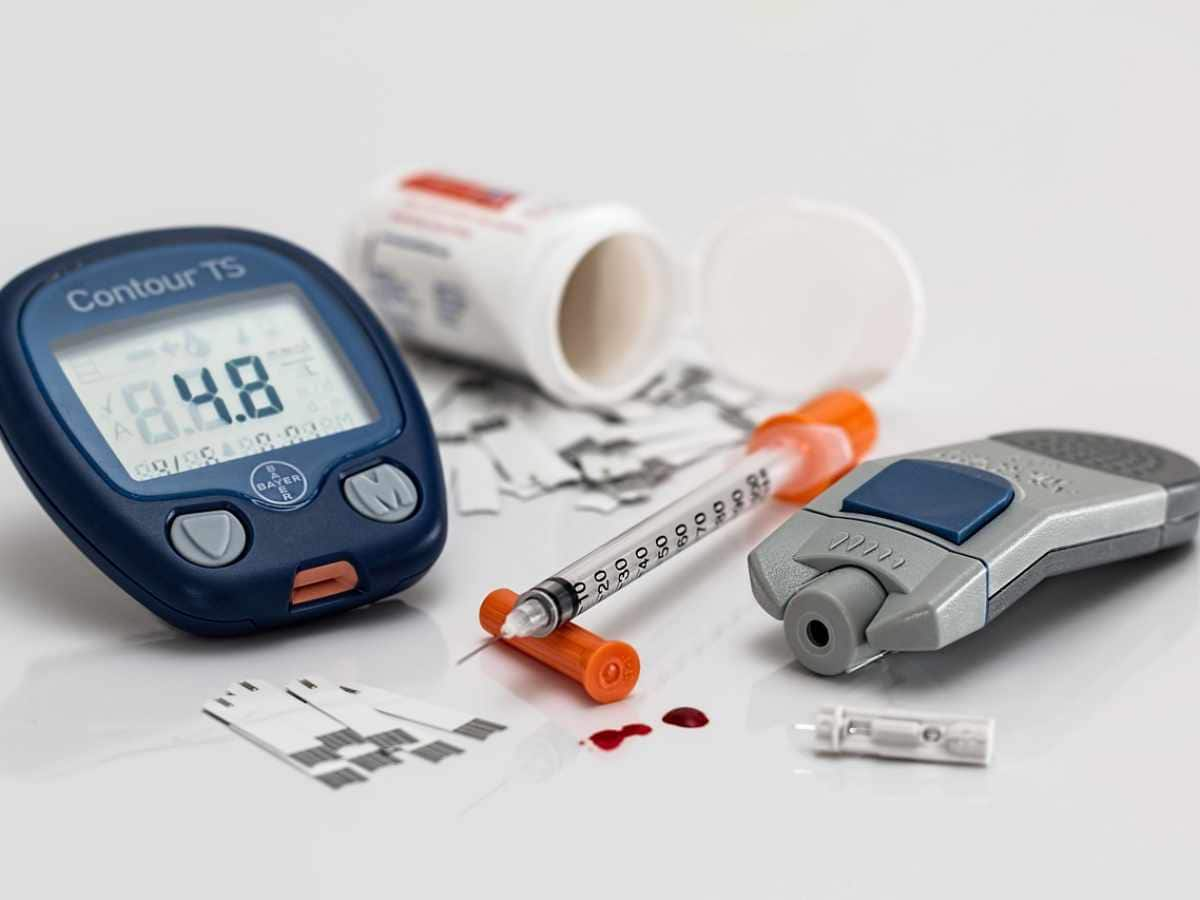Why Is Regular Kidney Screening A Crucial Step For Diabetes Patients?

There are many things that diabetics need to keep in mind for the sake of their health, including going for regular health screenings and tests. According to doctors, regular kidney screening is essential for diabetic patients as it helps in the detection of early signs of damage, and prevent severe complications. It should be noted that as many as 40 per cent of individuals with diabetes tend to develop kidney disease. A simple urine and blood test can help diagnose early kidney dysfunction, allowing timely intervention. Otherwise, with time, this impairment can lead to chronic kidney disease (CKD) and, in severe cases, even kidney failure, which may require the patient to undergo dialysis or even transplantation surgery.
says that besides regular screening, a diabetes patient must also manage lifestyle factors to ensure good kidney health.
"Our daily salt intake plays a significant role in long-term kidney health. High sodium consumption is linked to elevated blood pressure, which is a major risk factor for kidney disease," the doctor says, adding that while the World Health Organization (WHO) recommends a daily salt intake of about 5 grams (one teaspoon), many people consume far more by consuming processed foods. Be warned that there is hidden sodium in bread, cheese, canned items, and snacks, which contributes to excessive intake and additional strain on the kidneys.

The doctor recommends that diabetes patients adopt a low-sodium diet by reading food labels carefully, reducing processed food consumption, and preparing fresh meals at home. "Lowering salt intake can help regulate blood pressure, easing the burden on kidney function and slowing disease progression," he states.
In conclusion, patients need to know that CKD can develop silently, with few symptoms in its early stages. Proactive monitoring, therefore, is crucial. For a healthy life, patients with diabetes and CKD must control blood sugar levels, maintain a healthy diet, and schedule annual kidney screenings to reduce the risk of kidney complications.
Don’t Miss Out on the Latest Updates.
Subscribe to Our Newsletter Today!












